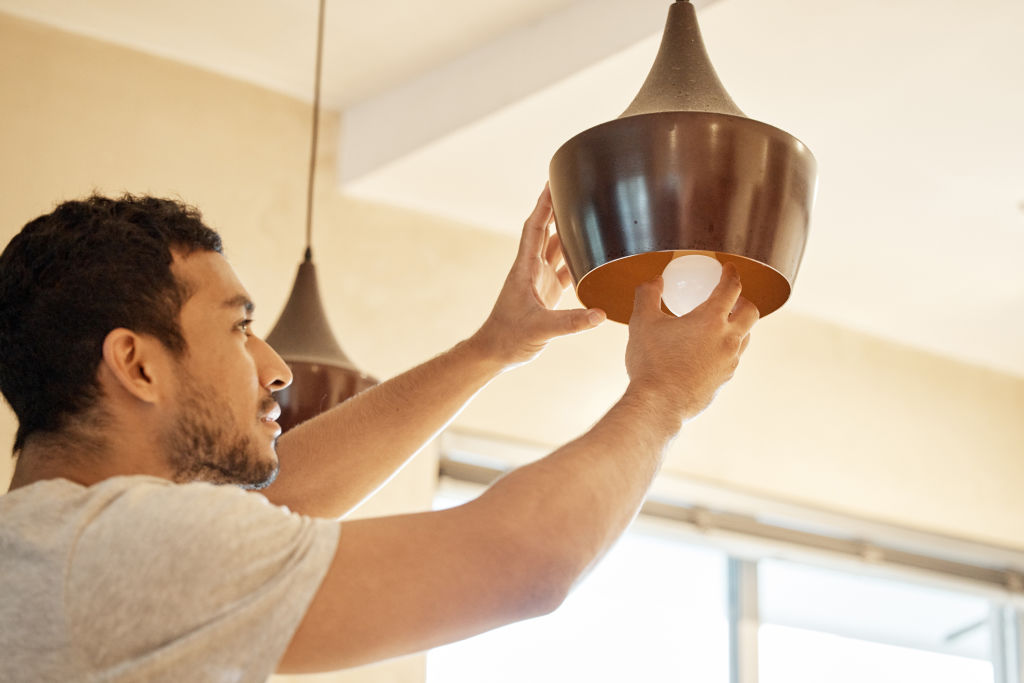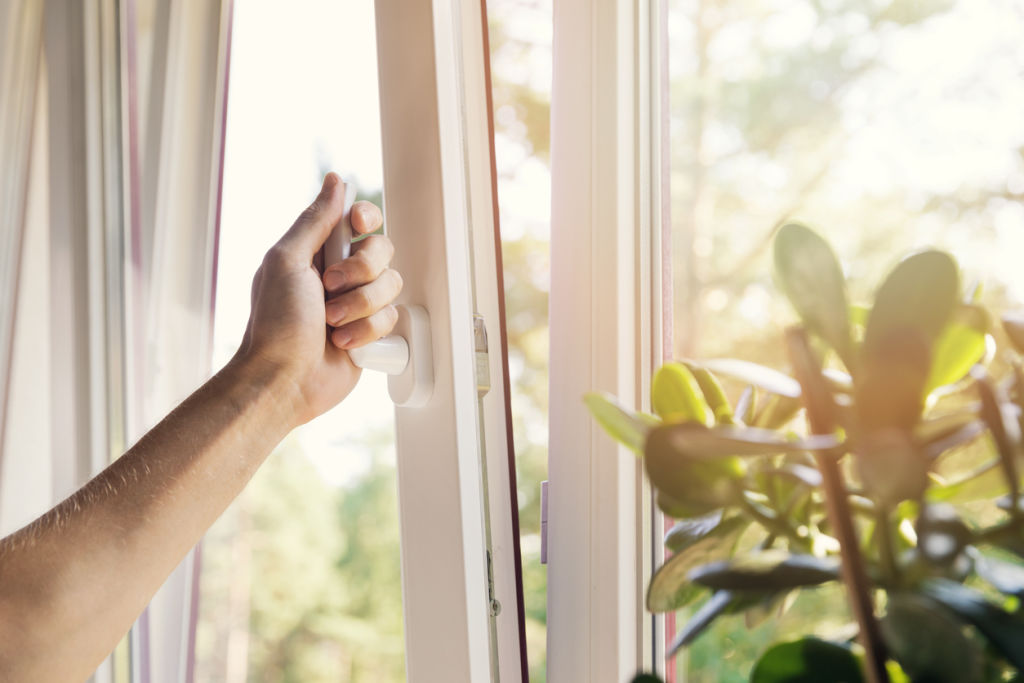Renting? These simple steps could reduce your energy use and costs

It’s easy to feel helpless when faced with high energy costs. For renters, that feeling is compounded by an inability to make significant changes to a rental property.
Rob McLeod, a sustainable housing advocate with renew.org.au, says new research published in the journal Energy Policy shows that renters pay about eight per cent more on electricity than homeowners. But even when a home is not your own, you can take some simple steps to reduce your energy use, with the bonus of reducing your energy bill and helping the environment.
Buy energy-efficient appliances
When it’s time to replace your household appliances, seek out more efficient models – look for the energy rating label on items like washing machines, computer monitors, TVs and fridges. The more stars, the more energy-efficient the appliance will be compared to similar models with the same size and capacity.

“There are government energy ratings on a lot of the plug-in appliances,” says McLeod. “It’s usually a rating out of six stars, and you should aim for a minimum of four stars.”
Below the stars, you’ll find a figure for energy consumption – compare between models and choose the appliance with the lowest figure.
Use LED light bulbs
LED bulbs can last more than 10 years compared to traditional incandescent and fluorescent bulbs. Not only will you save money on buying bulbs, but you’ll also help the environment with less power usage each month.
You don’t need a landlord’s permission to install LED bulbs if you’re not changing the light fitting.
Cover it up
You can block draughts using door seals and door snakes and cover old vents that are no longer required.
“Sealing up draughts generally doesn’t require landlord approval,” says McLeod. “Wait for a windy day and feel where draughts are coming in, then tape over gaps around windows or any other gaps you find.”
If the windows in your property aren’t covered, this will add significantly to cooling and heating costs.

“A lot of heat is lost or gained through windows,” he says. “You can install curtains or blinds or put up DIY double glazing.”
Hardware stores sell an insulating film, which works by sealing and trapping a thin layer of air against the glass. It’s easy to use, and it’s removable.
Switch it off
If you’re not using it, switch it off. That includes lights, air-conditioning, the TV and your computer. While some of these items use minimal electricity, every effort counts when trying to save money.
Standby power can also add to your power bill, so McLeod says your best bet is to switch off your appliances at the wall when they’re not in use.
“One thing renters can do is simply get a device that with one switch can switch off the standby power for everything in your home,” he says.
Get a free home energy assessment
McLeod encourages renters to take advantage of any government programs that help them to understand and reduce their energy use and costs.
“If you’re living in the ACT, you can do things like a detailed free energy assessment,” he says.
The ACT government’s Renters’ Home Energy Program was introduced in 2020 and allows renters to get a free home energy assessment and expert advice either online, by phone or in person at home, says Nicole Coyles, a director at the ACT government’s Climate Change and Energy division.

“The program came about to make sure that we had a mechanism for renters to find out ways they can be energy efficient in their home and have opportunities to reduce their energy bills,” she says.
“As a government, we recognise the importance of ensuring that any household can maximise energy efficiency in their home and have good thermal comfort.”
Coyles says Canberrans understand the case for climate action, and the program offers a way to both save money and help reduce emissions in the ACT.
“We’re encouraging people to visit climatechoices.act.gov.au or contact our sustainable home advice service on 1300 141 777 to book this free home energy assessment for renters.”
We recommend
We thought you might like
States
Capital Cities
Capital Cities - Rentals
Popular Areas
Allhomes
More
- © 2025, CoStar Group Inc.







